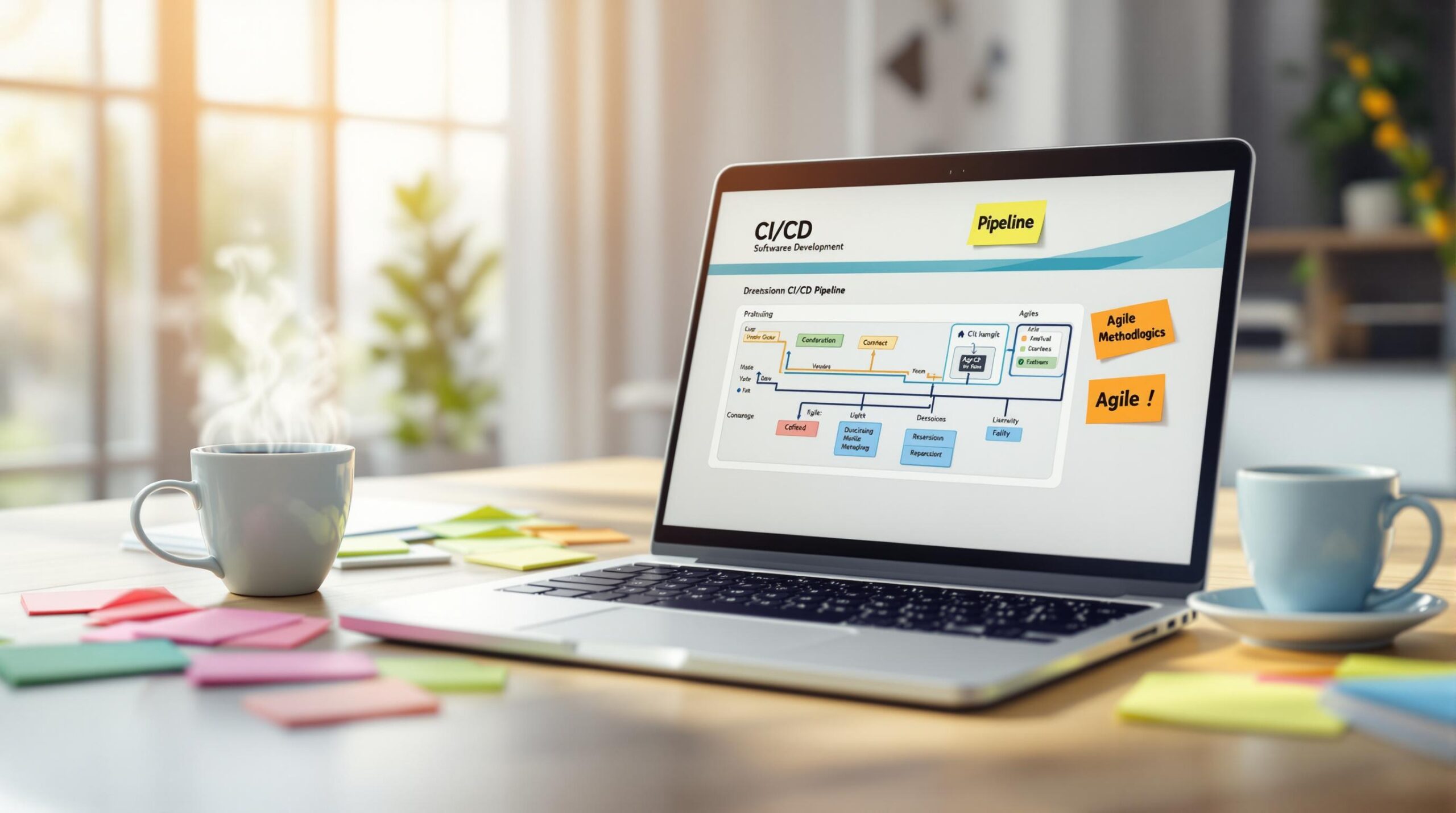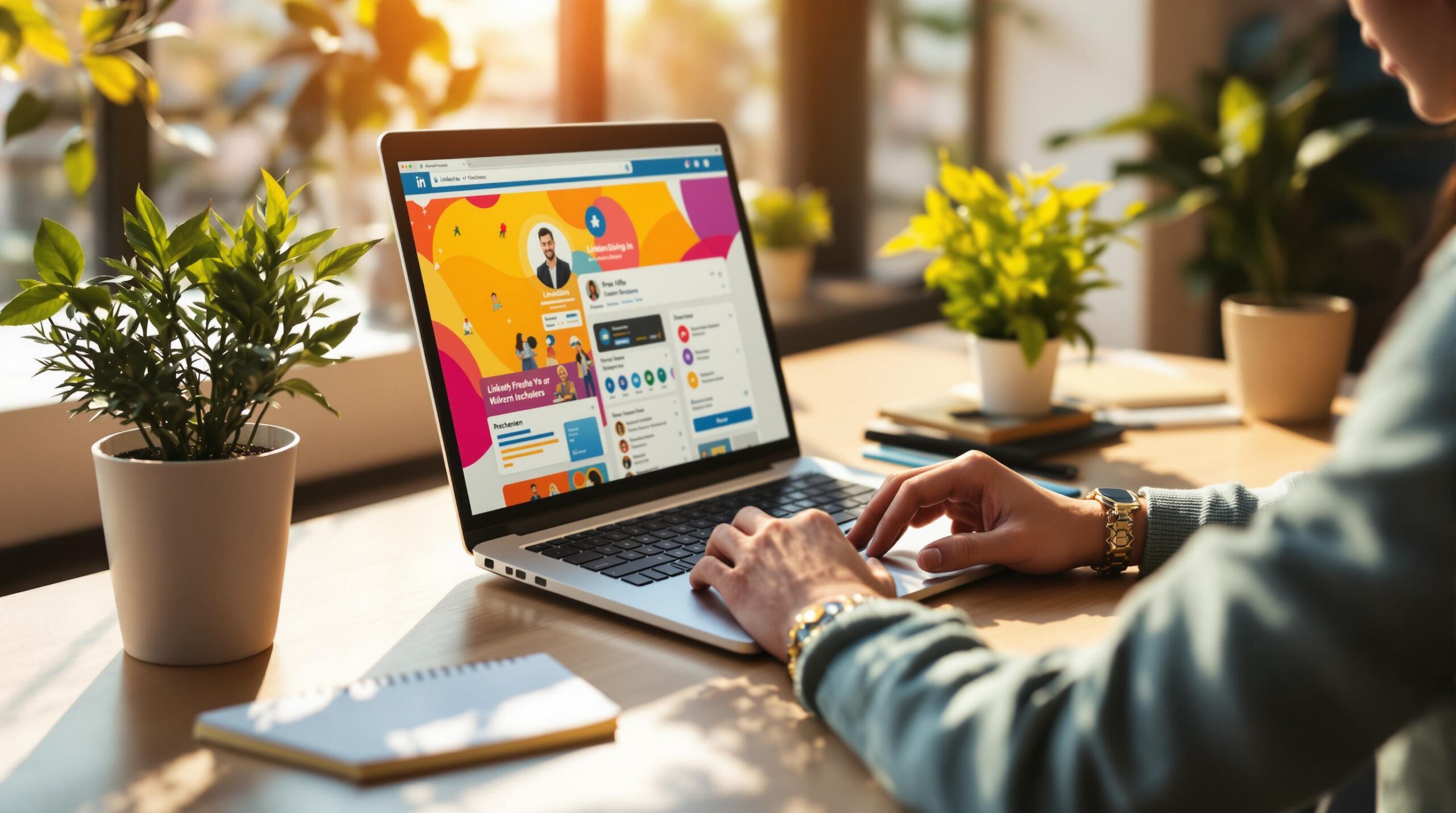Introverts can ace interviews by leveraging their natural strengths like deep listening, focused communication, and independent problem-solving. While interviews often favor extroverts, introverts can overcome challenges like self-promotion, small talk, and quick responses with preparation and practice.
Key Takeaways:
- Prepare: Research the company, practice mock interviews, and use the STAR method for structured answers.
- Manage Anxiety: Use relaxation techniques like guided meditation or deep breathing before interviews.
- Showcase Strengths: Highlight skills like active listening, analytical thinking, and attention to detail.
- Follow Up: Send a personalized thank-you email to reinforce your interest and address any missed points.
By focusing on preparation, staying calm, and embracing their strengths, introverts can turn challenges into opportunities and leave a lasting impression.
How Introverts Can Approach Interviews
Introverts might face some challenges in interviews, but their natural traits can actually work in their favor.
Common Struggles for Introverts in Interviews
Interviews can be tricky for introverts, as certain aspects may feel draining or uncomfortable. Here’s a breakdown of common struggles, their impact, and practical solutions:
| Challenge | Impact | Solution |
|---|---|---|
| Extended Social Interaction | Can feel exhausting | Schedule interviews early in the day when energy levels are higher. |
| Quick-fire Questions | Hard to respond immediately | Pause briefly to collect your thoughts before answering. |
| Self-promotion | Uncomfortable highlighting achievements | Prepare specific examples of your accomplishments ahead of time. |
| Group Interviews | Feeling overwhelmed by many voices | Direct your responses to one person at a time to stay focused. |
These hurdles may seem tough, but introverts can use their natural strengths to stand out during interviews.
Strengths Introverts Can Use to Succeed
Introverts bring valuable qualities to the table that can help them shine in interviews. By preparing well and leaning into these strengths, they can leave a lasting impression.
Deep Listening Skills: Introverts are great listeners, which allows them to craft thoughtful responses and build genuine connections with interviewers [1][2].
Focused Communication: Instead of engaging in unnecessary small talk, introverts often communicate with clarity and purpose, making their points impactful.
Independent Problem-Solving: Introverts excel at working on their own. They can share examples of how their ability to work independently led to successful results [1].
How Preparation Can Build Confidence
Research and practice can help you manage social anxiety and highlight your strengths during interviews.
Learn About the Role and Company
Understanding the company and the position you’re applying for can make a big difference. Dive into the company’s website – especially the "About Us" section – to get a sense of their mission and values. Check out their blog posts, case studies, and recent news to learn about their latest projects and challenges. This effort shows your genuine interest and helps you tailor your responses.
Focus on these areas:
- Company Culture: Their mission, values, and work environment
- Recent Developments: News, projects, and achievements
- Role Requirements: Responsibilities and skills they’re looking for
Practice with Mock Interviews
Mock interviews can simulate the real thing, helping you feel more comfortable and confident. Studies show that dedicating just 3–4 hours to mock interviews can increase your chances of success by up to 100% [2]. Tools like Yoodli, Interview Warmup, and Interviewing.io provide personalized practice sessions.
"Practice makes perfect. Mock interviews help you feel more confident before your interviews." – IGotAnOffer [4]
Prepare Questions for the Interviewer
Having thoughtful questions ready not only shows your interest but also allows you to steer the conversation. Consider asking about:
- The company’s future plans and challenges
- Team dynamics and work culture
- Role expectations and opportunities for growth
Writing down your questions can reduce stress and ensure you’re prepared. Checking out your interviewers’ profiles on LinkedIn can also help you craft meaningful, personalized questions [2].
Once your preparation is solid, the next step is learning how to stay calm and collected during the actual interview.
Ways to Manage Anxiety During Interviews
Relaxation Techniques Before the Interview
Calming your nerves before an interview starts with simple, effective relaxation methods. Apps like Headspace and Calm offer guided meditations tailored for interview prep. A quick 5-minute breathing exercise can work wonders: inhale for 4 counts, hold for 2, then exhale for 6.
Another helpful technique? Spend 10 minutes visualizing yourself confidently answering questions. This mental rehearsal boosts self-assurance while easing stress.
Turn Negative Thoughts into Positive Ones
Shift your mindset by turning self-doubt into self-assurance. Replace anxious thoughts with affirmations that reinforce your preparation and abilities. Here’s how you can reframe common negative thoughts:
| Negative Thought | Positive Reframe |
|---|---|
| "I’ll probably mess up" | "I’ve prepared thoroughly and know my material" |
| "They’ll notice I’m nervous" | "My preparation shines through in my responses" |
| "I’m not qualified enough" | "I have valuable skills that make me a strong candidate" |
This practice helps you focus on your strengths instead of your worries.
Stay Focused During the Interview
Arriving 15-20 minutes early gives you time to settle in and adjust to the environment. To keep your answers clear and structured, try using the STAR technique: Situation, Task, Action, Result.
Here are a few tips to stay grounded during the conversation:
- Take natural pauses by sipping water between questions.
- Relax your body – unclench your fists, keep your shoulders loose, and maintain an open posture.
- Maintain natural eye contact to stay engaged without overthinking.
It’s okay to take a brief moment to gather your thoughts before answering. This shows confidence and helps you deliver thoughtful responses.
Once your anxiety is under control, you can focus on showcasing your strengths and standing out as a candidate.
sbb-itb-f454395
Showcasing Introvert Strengths in Interviews
Interviews can be daunting, but leaning into your natural abilities can set you apart and turn potential obstacles into advantages.
Use Listening Skills and Provide Thoughtful Answers
Strong listening skills can help you tailor responses to what the interviewer values most, showing how well you align with the role.
Here’s how to make the most of your listening abilities:
- Maintain eye contact, nod, and slightly lean in to show active engagement.
- Paraphrase important points from the interviewer’s questions to demonstrate understanding.
- Take a moment to think before answering: "That’s a great question. Let me take a moment to gather my thoughts."
Organizing your answers using the STAR method can also help you stay clear and concise.
Emphasize Independent Work and Focus
Your ability to work independently and maintain deep focus is a huge asset in many roles, as it supports careful problem-solving and attention to detail.
"Know that curiosity, being a good listener and having the ability to work alone are coveted skills – and all common traits among introverts" [1]
Career coach Yolanda Owens points out that introverts often excel because of their thoughtful and well-considered responses [2].
| Introverted Trait | Example |
|---|---|
| Deep Focus | Successfully led a complex data analysis project independently over three weeks. |
| Analytical Thinking | Tackled challenges by carefully examining all aspects before suggesting solutions. |
| Detail Orientation | Detected and prevented a critical system issue during a software release. |
"I thrive in team settings where I can listen closely to my colleagues and contribute thoughtfully. My careful listening helps me identify and solve complex problems that others might miss" [5]
What to Do After the Interview
For introverts, the time after an interview is a chance to shine without the stress of in-person interaction. It’s a moment to show your thoughtfulness and attention to detail.
Send a Thank-You Email
A thoughtful thank-you email can leave a lasting impression. Surprisingly, only 25% of candidates take this step, even though it can make a big difference. Introverts can use this opportunity to reflect and express genuine interest in the role. In fact, 80% of hiring managers say follow-up messages influence their decisions [1].
| Element | Purpose | Example |
|---|---|---|
| Timing | Shows professionalism | Send within 24 hours of the interview |
| Personalization | Demonstrates attention | Mention specific points from the discussion |
| Additional Value | Highlights qualifications | Include missed details or portfolio links |
Career expert Sara Hutchison emphasizes, "A great thank you letter can truly be the difference between a job offer and not" [2].
Clarify or Add to Your Answers
The follow-up email is also a great way to address anything you wished you’d said during the interview. Career coach Ravi Raman advises: "Always follow up, always be prompt, and just assume the best – even if you feel like you bombed, because you just don’t know" [2].
Keep your email short, professional, and focused on adding value. Here’s an example of a well-structured follow-up:
"Thank you for the opportunity to interview today. I enjoyed learning about Google’s developer team and the collaborative systems in place. The role aligns well with my skills, and I’m excited about the potential to contribute to your projects."
If you met with multiple people, tailor your message for each person. Genevieve Northup, MBA, SHRM-CP, points out: "A thank-you letter is your chance to remind the hiring manager of why you’re a good fit for the role and what made you stand out as a candidate" [3].
Conclusion: Succeeding as an Introvert in Interviews
Introverts can excel in interviews by using their natural strengths to their advantage. With solid preparation, nervous energy can be transformed into confidence, helping introverts highlight their abilities effectively.
Traits like deep focus and active listening are highly sought after by employers. Here’s how to make the most of these qualities:
| Introvert Quality | Interview Advantage | How to Use It |
|---|---|---|
| Active Listening | Clear understanding and responses | Pay close attention to questions, take notes, and pause to think before replying. |
| Detail Orientation | Strong preparation | Research the company in depth and prepare specific examples to share. |
| Self-Awareness | Genuine and relatable presentation | Talk about your real experiences and offer meaningful insights. |
Managing interview anxiety is also essential. As Introvert Dear puts it:
"The worst part of an interview is often the actual interview, but preparation can help overcome this anxiety." [3]
Feeling nervous is completely normal, even for experienced professionals. The trick is to channel that energy into thorough preparation and thoughtful answers. By listening carefully and responding meaningfully, you can stand out from candidates who may talk too much or stray off-topic.
Interviews are a chance to fine-tune your approach and grow more confident. The goal isn’t to change who you are but to present the best version of yourself. After the interview, you can leave a lasting impression with a well-crafted thank-you email that reflects your attention to detail.
FAQs
How to deal with social anxiety in interviews?
Feeling anxious before or during an interview is common, but there are ways to handle it effectively. Here’s a breakdown of common triggers and strategies to manage them:
| Anxiety Trigger | Management Strategy | Practical Application |
|---|---|---|
| Pre-interview Stress | Guided meditation | Use apps like Headspace or Calm for targeted sessions. |
| Unexpected Questions | Thorough preparation | Research the company and practice answers to common questions. |
| Meeting New People | Visualization exercises | Picture yourself confidently succeeding in the interview. |
| Performance Pressure | Deep breathing | Use the 4-7-8 breathing method to calm your nerves. |
Channel your nervous energy into preparation. For example, arrive 15 minutes early and find a quiet spot to do a quick 5-minute meditation or deep breathing session. Visualization can also help – imagine yourself confidently answering questions and connecting with your interviewer. Replace negative thoughts with positive affirmations like, "I’m well-prepared and have valuable experiences to share."
If you’re an introvert, remember that this can work to your advantage. Your ability to listen carefully and provide thoughtful responses can leave a strong impression. Managing anxiety effectively lets you showcase these strengths, turning nervousness into a more focused and confident presence.





